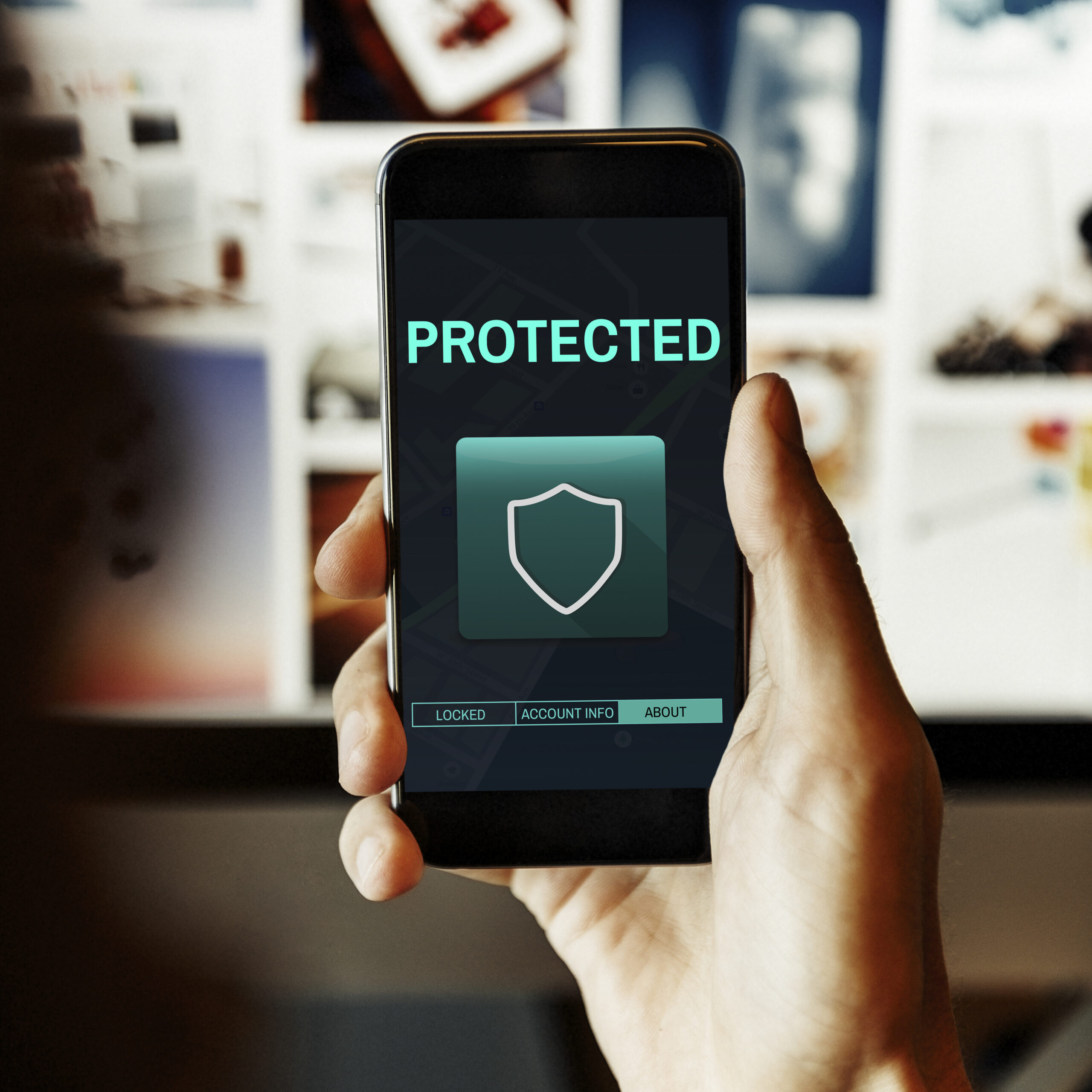Here are some of the major privacy concerns in employ-ing intelligent systems on mobile data.
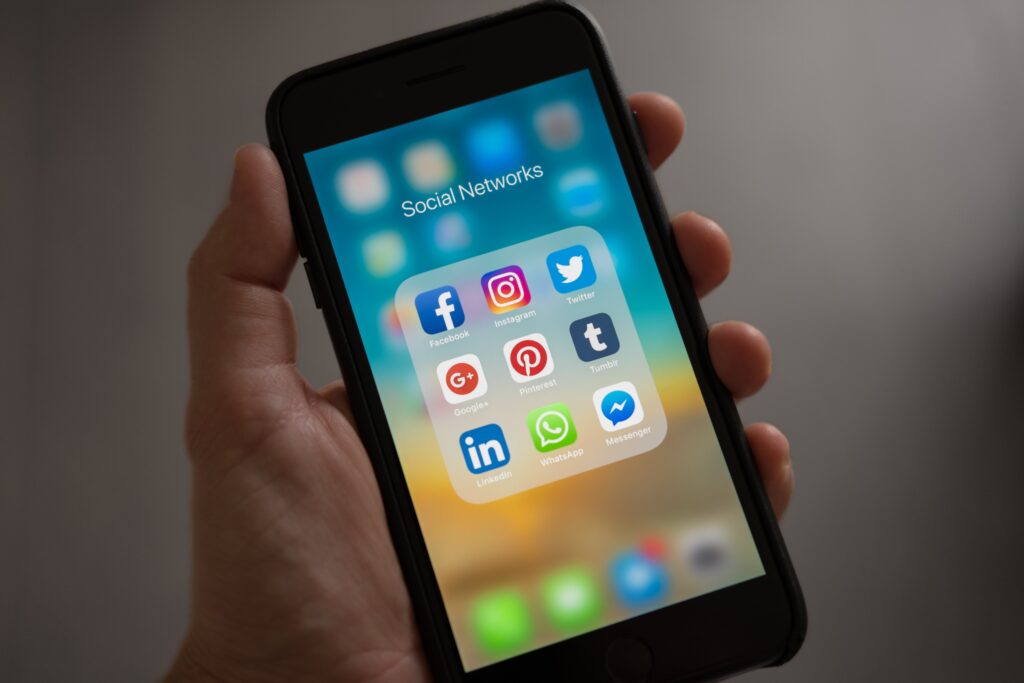
Credit: Pixels.com
Effective data privacy practices include not only securing personal details but also providing protection to various forms of confidential data. This includes financial records, intellectual property and personal health information.
What is data privacy in mobile?
Data privacy in mobile refers to the protection and responsible management of sensitive information on mobile devices. This includes ensuring that personal and confidential data stored or processed on smartphones and tablets is protected from unauthorized access, use or disclosure.
Mobile data privacy covers various aspects, including protection of personally identifiable information (PII) such as names, addresses and contact details. This also extends to financial data, location information, app usage patterns and any other information that can be linked to an individual.
To ensure data privacy in the mobile sector, it is necessary to implement strong security measures. This includes encryption of data in transit and at rest, secure authentication methods, regular software updates, and permission management for apps. Users are often encouraged to be cautious about the permissions they grant to apps and to use features like biometric authentication for an added layer of security.
Mobile platform and app developers play an important role in maintaining data privacy standards. They need to comply with regulatory requirements, implement privacy-by-design principles, and provide transparent privacy policies. On the other hand, users should stay informed about privacy settings, choose secure passwords, and be cautious about sharing sensitive information.
In short, data privacy in mobile involves protecting personal and confidential information on mobile devices through a combination of technical measures, responsible user practices, and adherence to privacy regulations.
Is my mobile data private?
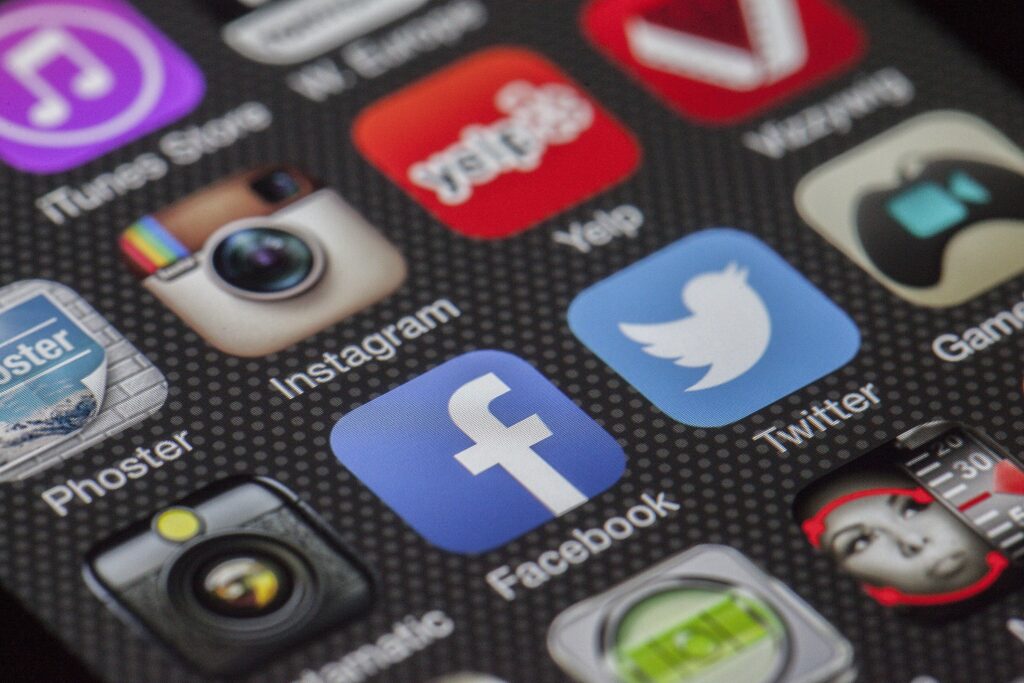
Credit: Pixels.com
Protecting your mobile data involves different types of allocations. Mobile data is considered private when measures such as analytics, secure principles and labels are applied. This is to ensure that mobile data protection is included in your latest security updates and information about app allocations. However, user behavior, app choices and the security implemented by your mobile gadgets and apps collectively contribute to the overall review of your mobile data. Regularly reviewing and adjusting your laptop, using a strong network, and notifying about personalization can help you maintain a high level of control over your mobile data.
Which is data privacy?
In the swiftly transforming digital terrain, the preservation of data privacy stands as a topmost priority. Organisations and individuals alike strive to implement strong measures to keep sensitive information safe from potential threats and unauthorized access.
Effective data privacy practices include not only securing personal details but also providing protection to various forms of confidential data. This includes financial records, intellectual property and personal health information. Compliance with industry guidelines and adherence to regulatory requirements play a vital role in shaping data privacy initiatives.
As technology advances, challenges arise in maintaining data privacy. Continuous efforts are required to address issues such as data breaches and unauthorized data access. This requires adopting advanced security measures, staying updated on emerging threats, and promoting a culture of awareness and responsibility among users.
Ultimately, a commitment to data privacy is a multifaceted effort. This not only protects individuals from potential harm but also establishes trust between organizations and their stakeholders. Adopting a privacy-centric approach involves continuous education, technological innovation, and a collective effort to navigate the complexities of the modern data landscape.
How is data privacy used?
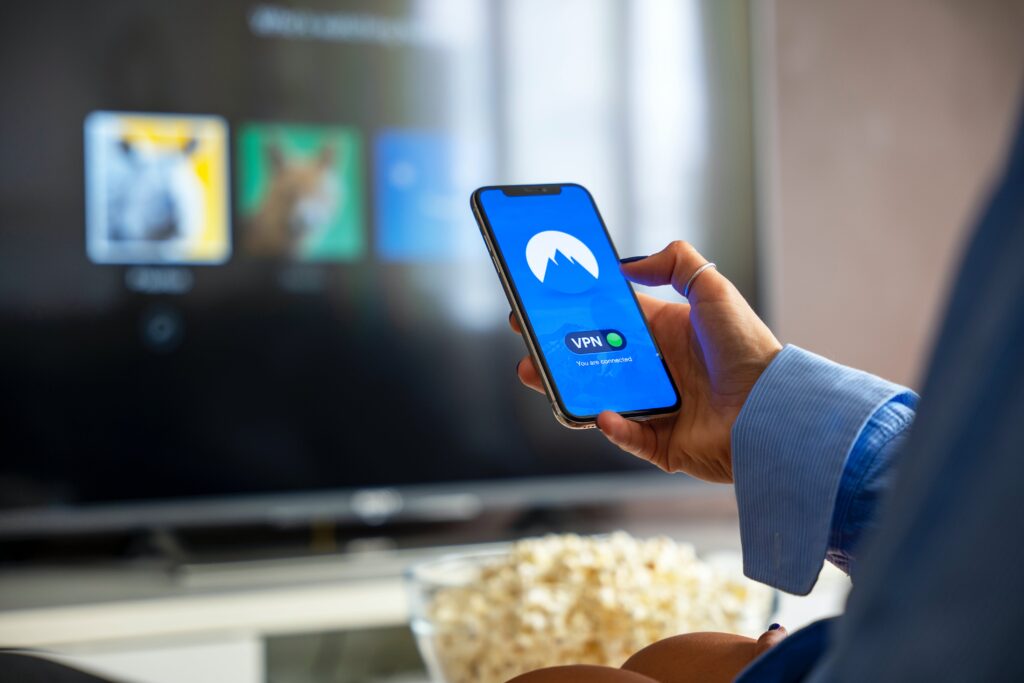
Credit: Pixels.com
In practice, data privacy is implemented in various documents to protect personal and confidential information. For example, when you use secure passwords, disable features like two-factor authentication, or only share essential information with trusted resources, you are actively practicing data integrity. Are. On the other hand, organizations implement regular benchmarks to maintain unorganized security standards and enforce data validation standards on employees. The continuous evolution of technology also drives the development of new COM and Scallops, ensuring that data remains secure in an increasingly digital landscape.
Can 4G be Hacked?
It is important to note that technology is always evolving, and new security challenges may arise. While 4G networks offer a high level of security, it is important to be alert to potential threats. Regularly updating your device’s software, using strong passwords, and avoiding unsecured networks are good practices to increase the overall security of your connection. As we move toward more advanced networks like 5G, continued efforts to improve security measures remain important to stay ahead of potential vulnerabilities.
Can mobile Data be Hacked?
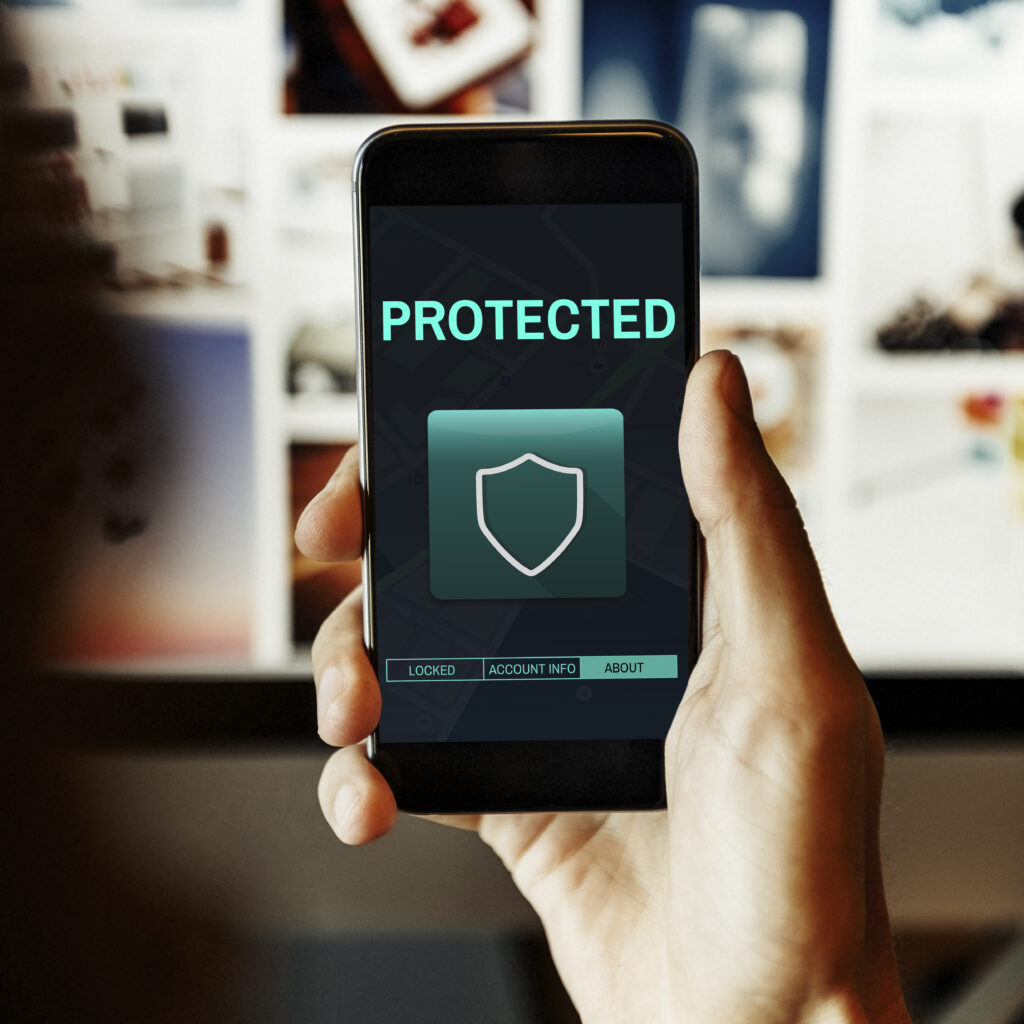
In today’s digital landscape, keeping mobile data secure is a constant challenge. While encryption and authentication add layers of security, individuals can take proactive steps to keep their data more secure. Being mindful of the apps you install, regularly updating your device’s security settings, and avoiding public Wi-Fi for sensitive transactions all contribute significantly to reducing the risk of mobile data breaches. As technology continues to evolve, staying informed about emerging threats and adopting additional security measures ensures stronger protection against potential hacking attempts on your mobile data.
Who can see my data?
In the digital sphere, it is important to understand who can access your data to maintain privacy. Trusted entities, such as your service providers and authorized applications, have legitimate access. However, the risk of unauthorized access exists, therefore emphasizing the need for proactive measures. Using strong passwords, regularly reviewing and adjusting app permissions, and staying informed about privacy settings empowers you to have greater control over who can see your data. By adopting these practices, you increase your overall data security and reduce the chance of unauthorized exposure.
Which phone is best for privacy?
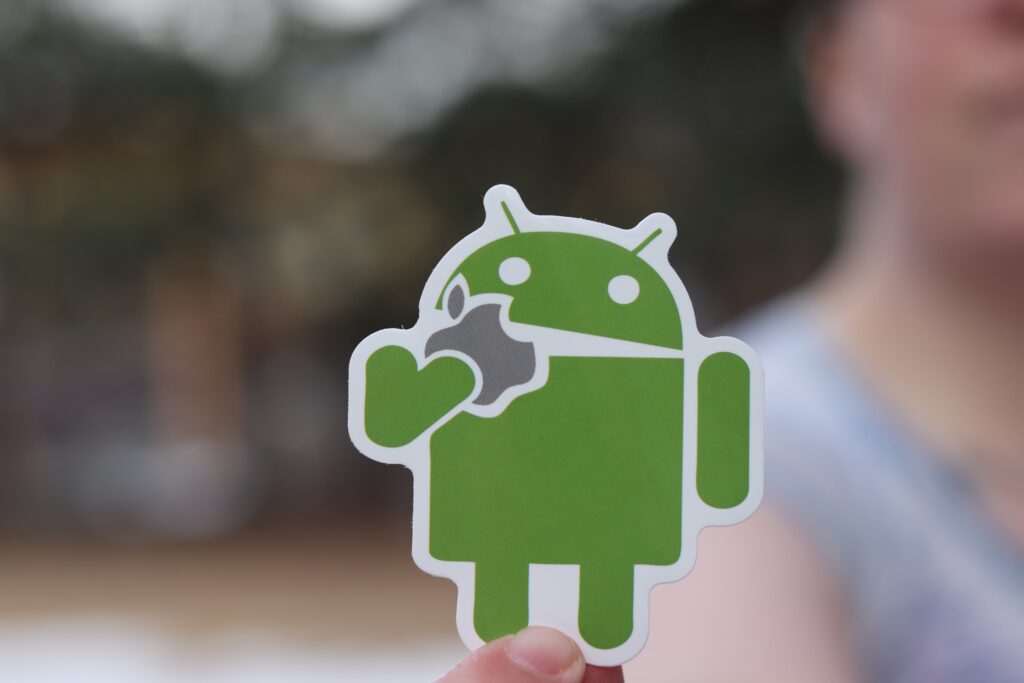
Credit: Pixels.com
When prioritizing privacy in a phone, choose a device that not only has strong security features but also gets regular software updates. Brands that emphasize user privacy, incorporate strong encryption, and provide clear privacy policies are reliable choices. Look for phones that enable users to control app permissions and easily manage privacy settings, increasing your ability to keep your personal information safe and maintain a more secure digital environment.
In the ever-expanding landscape of smartphones, major manufacturers integrate security features into their software. Despite this, the scope of cybersecurity and privacy risks is constantly evolving. Surprisingly, the most secure phones may not be as widely anticipated, such as the Apple iPhone or Google Pixel – although these remain solid choices for security.
Including manufacturers like Blackphone and Sirin, which have stepped into the limelight by offering some of the most secure smartphones currently available. In this roundup, we explore five smartphones that excel at providing strong security measures for users.
1. Blackphone PRIVY 2.0
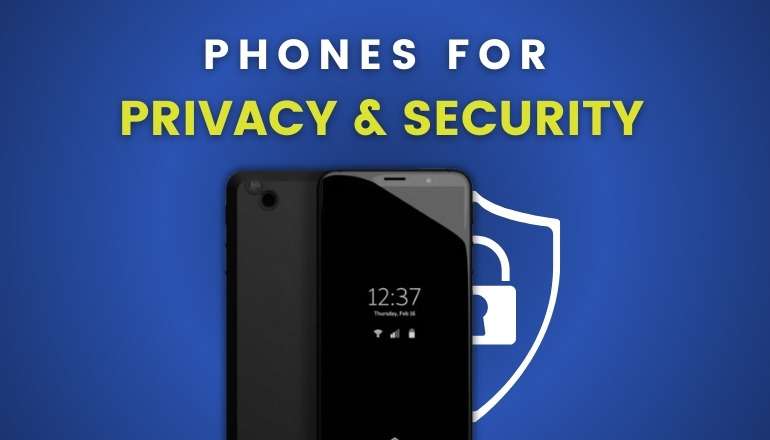
Credit: Google Images
Blackphone PRIVY 2.0 ensures a super secure and private experience straight out of the box. It runs on a modified Android OS and comes with default encrypted phone calls, video chats, and text messages. Silent Circle’s Silent Phone app is preloaded on the phone and a subscription is also included. With PRIVY 2.0, you can send large files to contacts using the Silent Phone app, even if they have a different device. Exclusive apps like PRIVY Chat and PRIVY Vault loaded on your PRIVY 2.0 keep your communications and files secure with end-to-end encryption.
Now, let’s learn about the best encryption stuff. PRIVY uses ZRTP with 256-bit encryption, known as one of the most secure telephony standards in the world. The modified operating system gives you more privacy controls than mainstream alternatives. You can adjust permission settings in each app, and data is encrypted between the apps and the server. PRIVY also features verified boot sequences, active device monitoring, and triple password protection.
When it comes to privacy, Blackphone promises no data logging for calls and messages on PRIVY. Even Blackphone can’t decrypt your traffic, insists on a pragmatic approach. Just keep in mind that after a one-year free trial, some features are part of a paid subscription.
2. Sirin Labs Finney U1: The most secure smartphone for cryptocurrency druggies
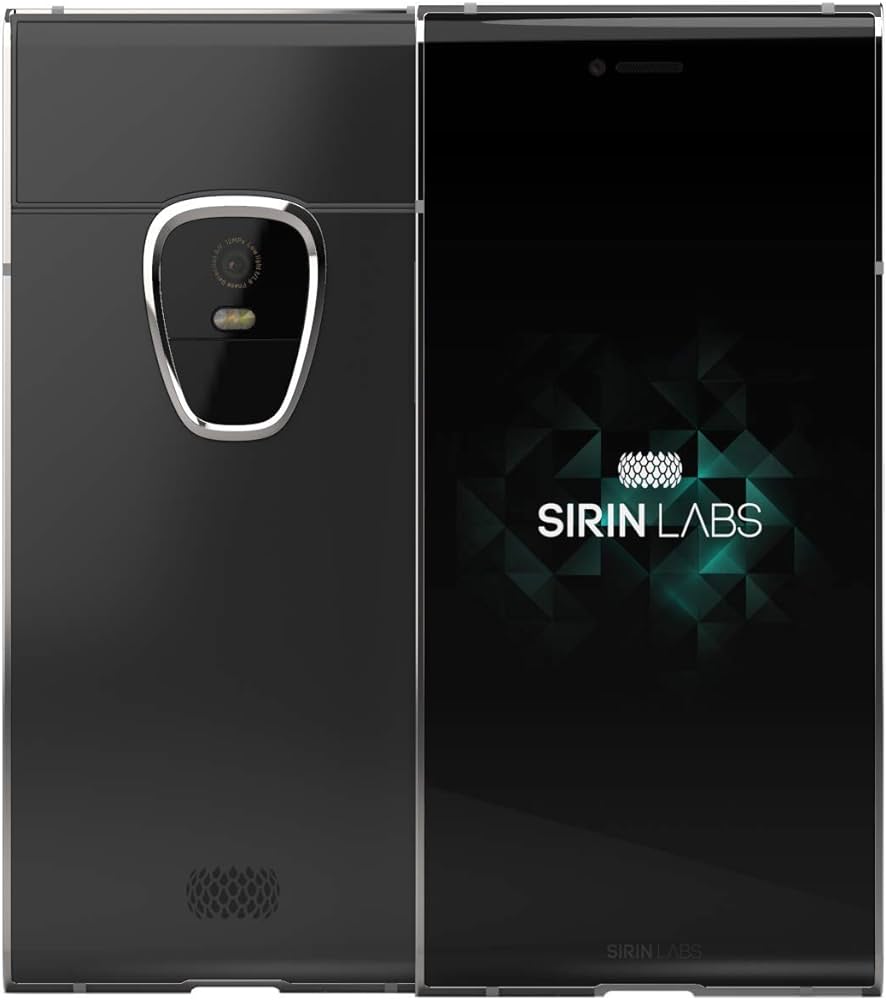
Credit: Google Images
You might not be familiar with the Finney U1, but it is one of the most secure smartphones out there. Working on its unique system, “Sirin OS”, acclaimed for both security and DApps (decentralized apps), it stands out. DApps operate on a peer-to-peer network, providing better privacy than mainstream apps from major companies.
Priced at $999, the Finney U1 is an excellent choice for crypto enthusiasts. It features a built-in cold storage crypto wallet, which is perfect for handling currencies like Bitcoin and Ethereum. Although it does not support all cryptocurrencies, it covers popular cryptocurrencies like BTC and ETH. Adding to its security, the handset includes a physical security switch for advanced crypto wallet protection. Security features also include three-factor authentication, a native cryptocurrency conversion center, and secure, unmonitored VoIP, email, and text messaging.
However, it falls short in some security aspects compared to Silent Circle’s Blackphone PRIVY 2.0, especially in terms of encryption. This makes the Blackphone PRIVY 2.0 our top pick for the most secure smartphone.
3. Bittium Tough Mobile 2C: The most secure smartphone for crucial operation
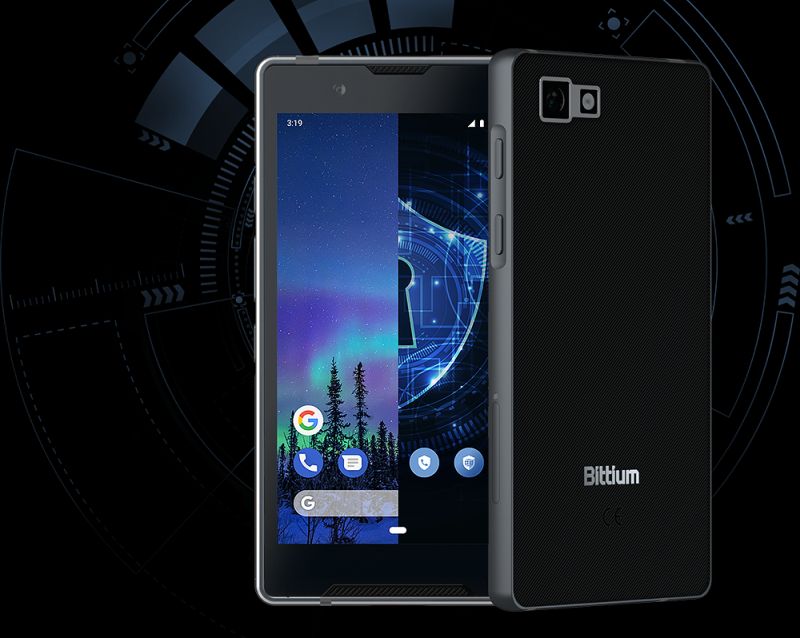
Credit: Google Images
Hailing from Finland, Bitium Tough Mobile 2 combines strong authentication, encryption, and key management software. Working on a customized version inspired by Android 9 (Pie), it has unique features including privacy mode, security check during boot, and Bitium SafeMove VPN. Priced at £1,325, its sleek design resembles modern iPhones, with a built-in backup battery and a tamper-proof casing.
Security features extend to a physical button to activate privacy mode, disable audio, video, and Bluetooth for confidential conversations. Additionally, the phone includes key management software, advanced security checks during boot and runtime, and a segmented internal structure that isolates the OS from third-party apps. This thoughtful design establishes the Bitium Tough Mobile 2C as a strong contender for one of the most secure smartphones out there.
4. Purism Liberum 5: Instantly Boosted Security – Your top choice for the best smartphone security.
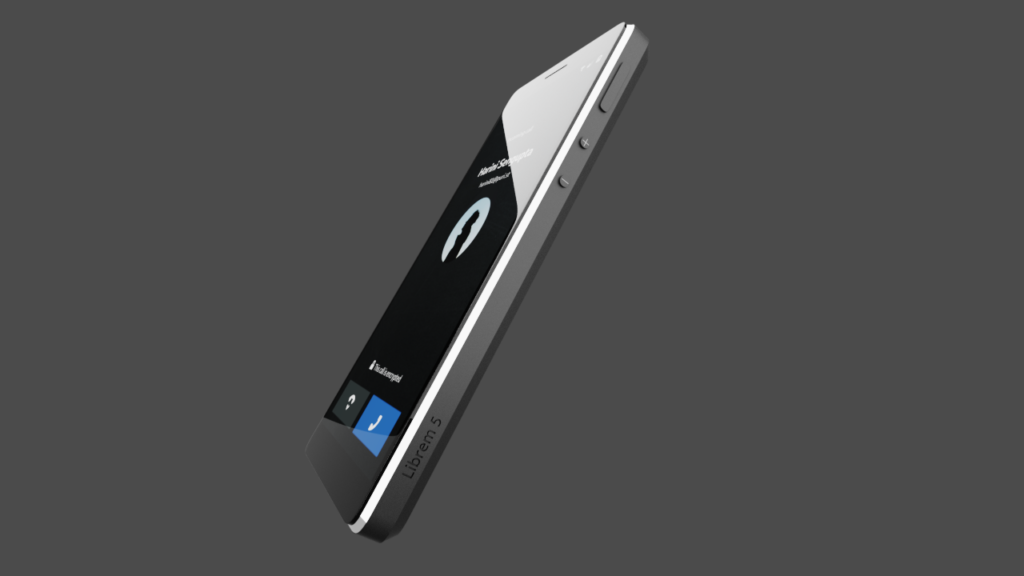
Credit: Google Images
The charm of the Librem 5 lies in its innovative design, where the cellular modem, main CPU, and memory are intentionally separated, ensuring that your data is completely disconnected from your carrier’s firmware and cellular towers. Notably, the device has three physical kill switches on its side, which provide instant control over mobile data, Wi-Fi, and camera/microphone functions. Activating all three switches simultaneously also disables GPS tracking. Priced at $799, the Librem 5 runs on Purism’s PureOS, an open-source system adapted from Linux, which offers a secure VPN and comprehensive control over app access and data transfer within the phone.
What’s unique about the Librem 5 is its commitment to “lifetime” software updates, as opposed to the usual two to three years offered by major manufacturers like Apple and Google. While this bold promise is reassuring for security-conscious users, it’s important to note that some early adopters have noticed missing or limited features in key software aspects like camera functionality and the phone’s ability to function as a PC. But expressed disappointment. Despite this, the Librem 5 remains notable for its impressive range of security features straight out of the box.
5. Sirin Solarin: Unmatched in security, your ultimate smartphone for advanced threat prevention
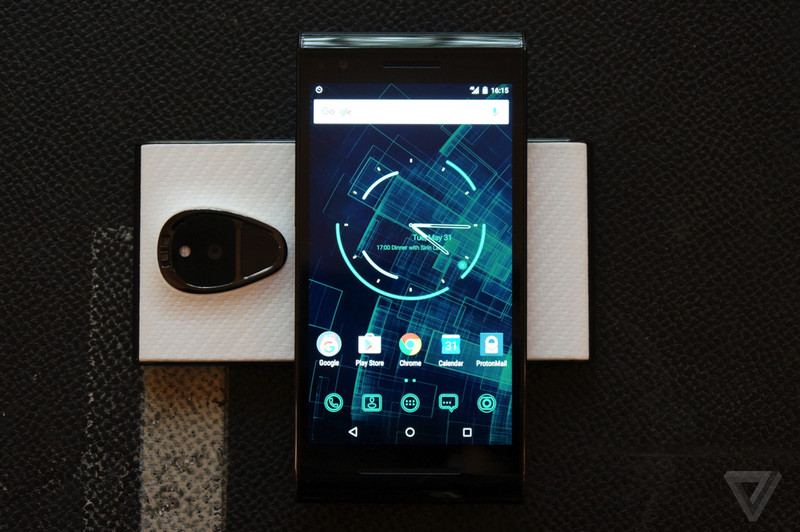
Credit: Google Images
Sirin is at its core Solarin lies a customized version of Android. While Android has its own security considerations, an additional layer of software is in place to address any potential concerns. The smartphone has 256-bit encryption, a security measure that is trusted not only by major VPNs but also by governments and militaries around the world. At a hefty price of $16,666, this phone ensures supreme security.
When using Sirin Solarin, you must comply with the U.S. Benefit from dedicated threat prevention software from Zimperium, a mobile security company based in China. This software guarantees encryption of all your calls and texts, giving you the option to enable or disable this feature as needed.
It’s worth noting that this secure smartphone packs some weight, tipping the scales at around 243 grams, which is notably heavier than the iPhone 13 at 204 grams. In terms of width, it measures approximately 11.1 mm, which is about 1.5 times thicker than the latest iPhone models.
Highlighting notable contenders: Our standout picks for the most secure smartphones
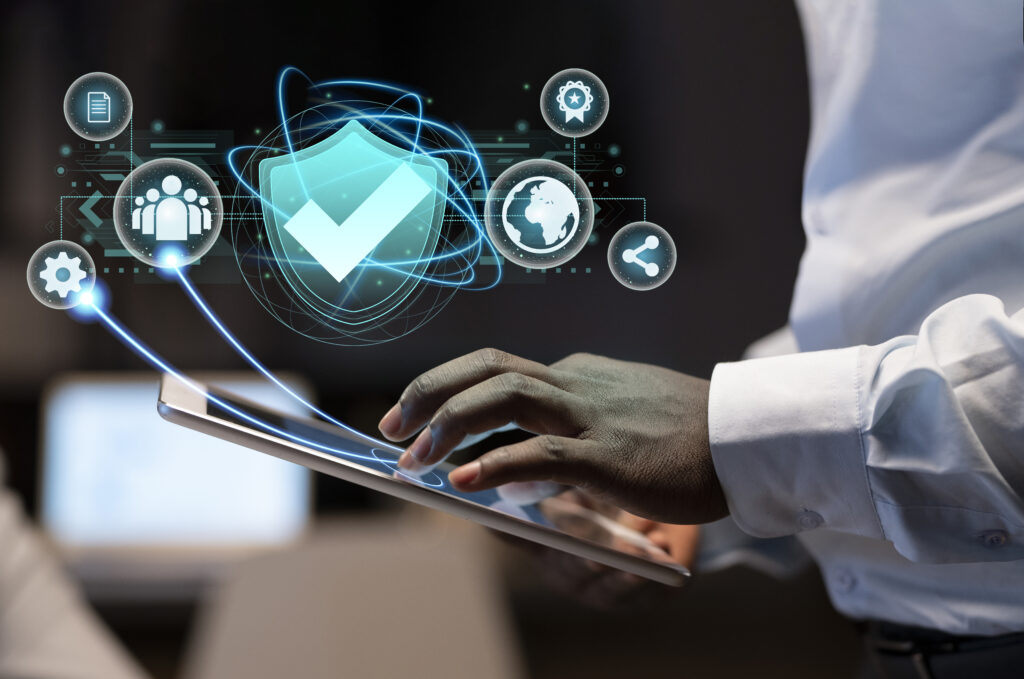
Credit: Pixels.com
While the phones mentioned are highly secure, it is important to note that other flagship smartphones are not necessarily unsafe. In the following list, we’ve highlighted some notable mentions along with thoughts about their security features.

Apple iPhone
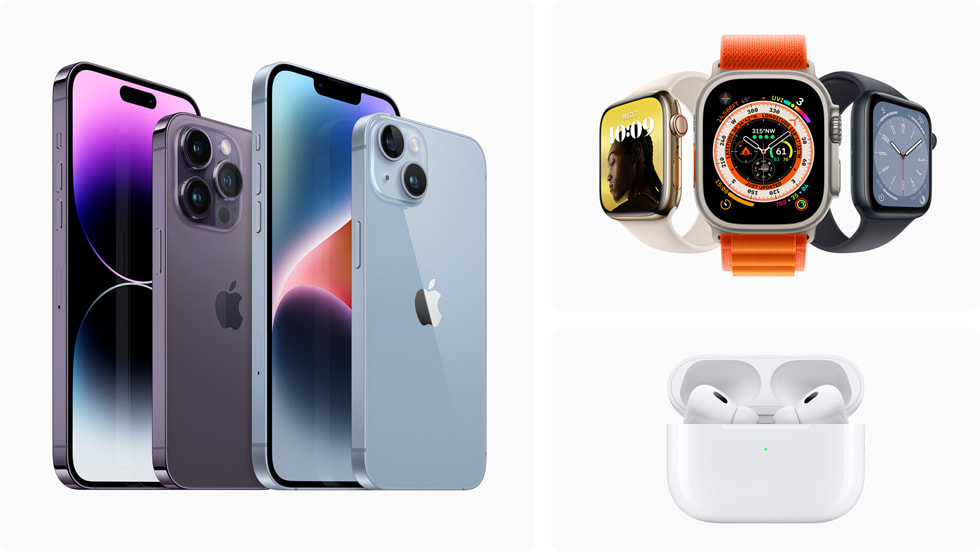
Credit: Google Images
In the field of security, Apple has left Android behind, especially in terms of security of iPhone apps. The Apple App Store’s stringent controls ensure a curated selection, reducing the risk of downloading malware-laden applications. Apple’s advantage extends to manufacturing, with closely integrated software and hardware, complemented by strong software-based security and a streamlined vulnerability patching process.
Your iPhone comes equipped with standard security features, including biometric authentication, a built-in two-factor authentication tool, and the ability to manually configure VPN settings.
Google Pixel
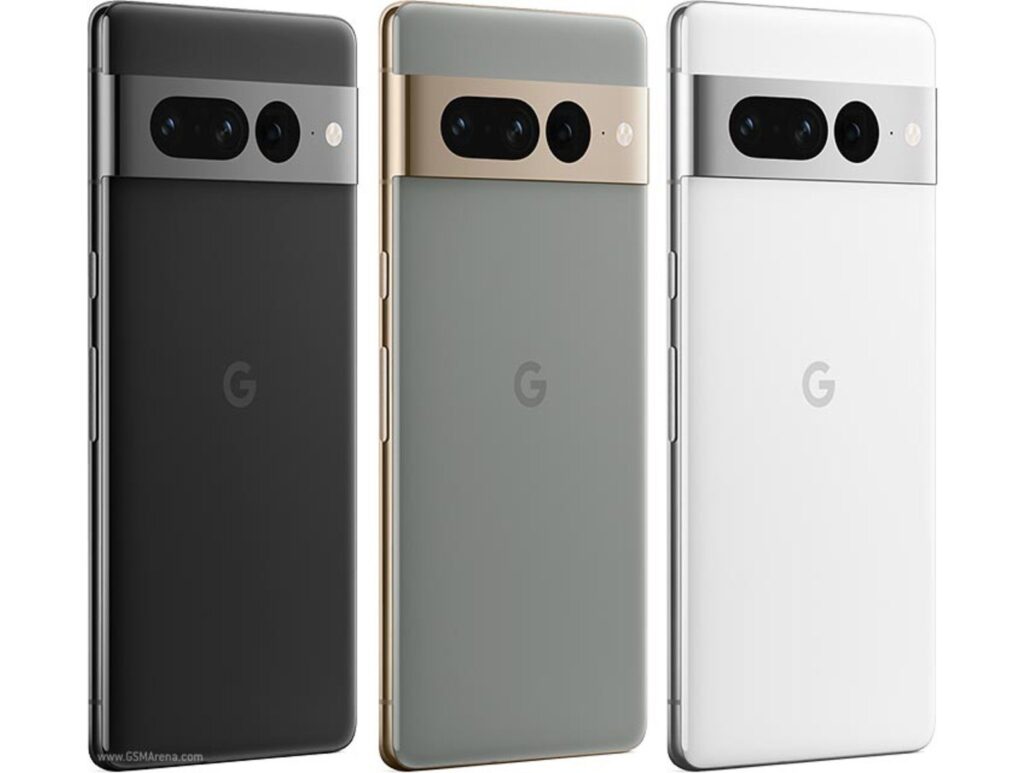
Credit: Google Images
While some Android devices and apps have faced security challenges, Google is increasing its focus on security within the Pixel lineup. Taking advantage of its extensive control network, Google ensures fast vulnerability patches. The latest Pixel phones come equipped with the most up-to-date and secure versions of Android, a benefit that isn’t always reflected in other brands like Samsung. This discrepancy stems from the fact that non-Google Android manufacturers, such as Samsung, typically experience delays in receiving new Android updates, resulting in increased time taken to fix vulnerabilities.
In terms of security features, Pixel phones deliver the expected array, including a security chip similar to the one used in Google Cloud data centers, separate authentication methods, and Pixel Intelligence – integrating machine learning and AI for enhanced security.
Increase your security with a VPN for an extra layer of security

Credit: Pixels.com
Not everyone can invest in these high-priced, ultra-secure smartphones and availability can be a challenge. However, don’t worry! You can still increase your online security by including a VPN on your smartphone or tablet. Opting for a premium VPN lets you extend this protection to both your mobile device and computer, and some even offer the ability to connect unlimited devices under a single subscription.
A VPN gives you the ability to browse the Internet, connect with friends and family, with an added layer of privacy and security. By changing your IP address, a VPN ensures greater anonymity online. When connected to a VPN server, your original IP address, which can be used to trace your online activities, is replaced with the IP of the VPN server. In addition to hiding your identity, this switch offers additional benefits, such as overcoming online content restrictions.
While the most secure smartphones often come with a dedicated VPN built into their software, it’s worth noting that you can set up a VPN independently on your device. See the user guides that came with your smartphone for instructions on configuring your VPN.
Is mobile data tracked?

Imagine your mobile data as a digital trail, like footprints in the sand. When you use your smartphone, various activities generate data, such as the websites you visit, the apps you use, and location information. This trace can be tracked by service providers, apps, or even malicious entities.
For example, when you use a navigation app, it tracks your location to provide directions. Similarly, social media apps collect data on your interactions. While these features enhance the user experience, they also shed light on how mobile data can be tracked. Being aware of these processes helps you navigate the digital landscape with a better understanding of your data’s journey and privacy implications.
Is 5G safer than public Wi-Fi?
Think of 5G as a private express lane for your data, delivering high-speed and secure travel. It’s like having a dedicated, well-protected highway. Public Wi-Fi, on the other hand, looks like a busy marketplace – convenient, but with greater exposure to potential risks. For example, when using 5G, your data goes directly between your device and the network tower, reducing the chance of interception. In contrast, like a café, public Wi-Fi involves data flowing through a shared space, making it vulnerable to potential spying or cyber threats. The choice between 5G and public Wi-Fi involves weighing the convenience of a crowded market versus the security of a dedicated express lane.

Other Posts
Top 10 Free Windows Security Apps You Can’t Afford to Miss

